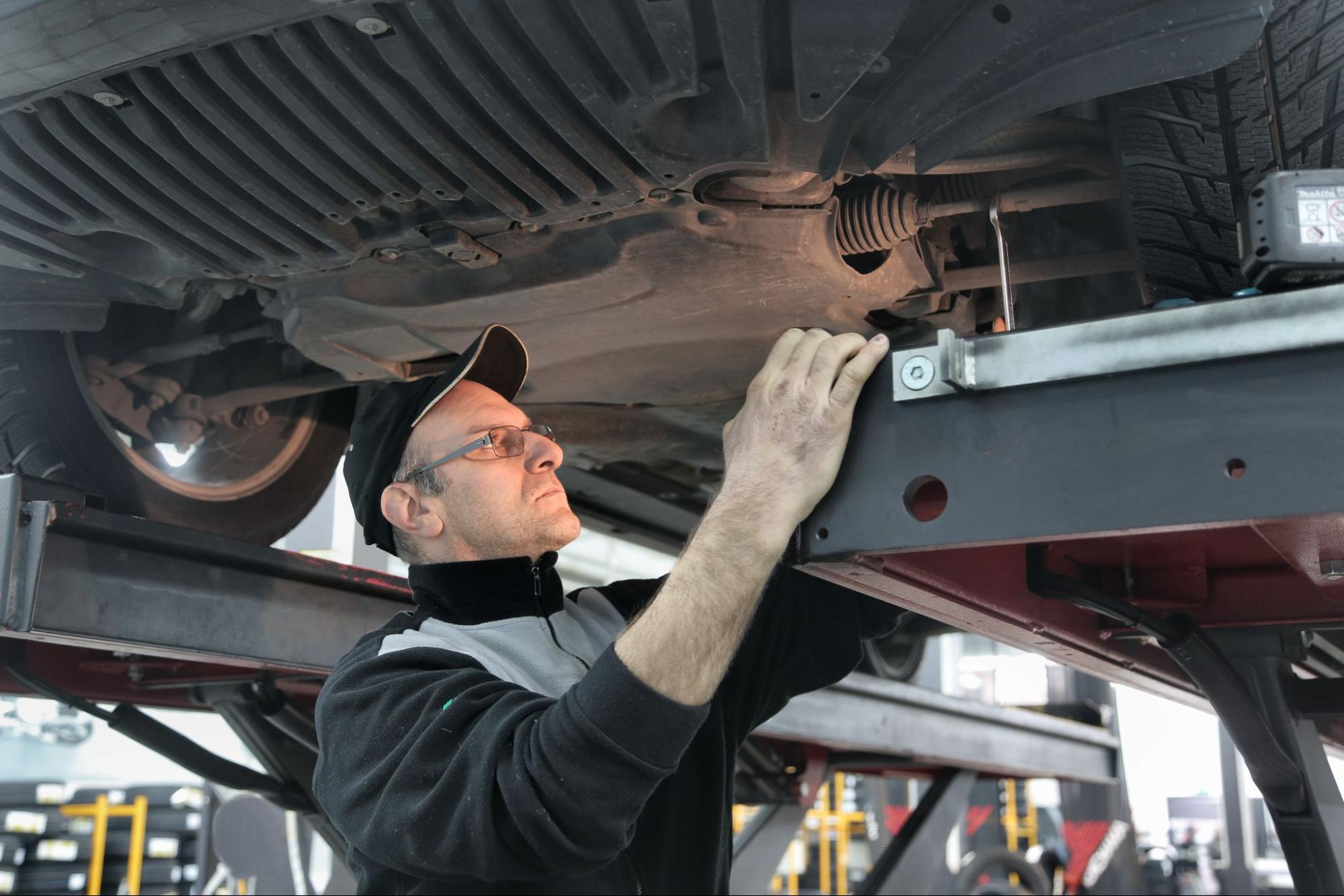Michigan DHS Car Repair Assistance
Car troubles can wreak havoc on your daily life, especially if you rely on your vehicle to commute to work or run essential errands. The good news is, if you’re a resident of Michigan dealing with this issue and facing financial difficulties, the Michigan Department of Health and Human Services (DHS) Car Repair Assistance program might be just what you need.
This program aids low-income individuals and families get their vehicles back on the road by covering repair costs. But how do you know if you qualify? What are the income guidelines for this assistance?
The Michigan DHS has specific income guidelines that applicants must meet to qualify for car repair assistance. These thresholds vary depending on family size and are updated annually. For instance, as of 2021, a household of one should have an annual income of less than $25,760 to be eligible; larger households have higher limits. Each additional person in the household increases the limit by approximately $9,000.
Understanding these eligibility requirements is crucial as it helps save time and resources while applying for aid. It’s also important to remember that meeting the income guidelines doesn’t guarantee approval – other factors may be involved, such as the availability of funds or the urgency of need.
Understanding the Michigan DHS Car Repair Assistance
I’ve found that many of us are unaware of a rather helpful state initiative – the Michigan Department of Health and Human Services (DHS) Car Repair Assistance program. Let’s delve into this, shall we? It’s a plan to help eligible low-income individuals and families needing car repairs.
Now, you might be wondering why it’s so crucial. Imagine not being able to drive your kids to school or get yourself to work because your vehicle is out of commission. Scary thought.
But what exactly are the income guidelines for this program? That’s where things get a little tricky, as they’re based on household size and gross monthly income. For example, a household of one must make less than $2,082 per month, while a family of four can’t exceed $4,292 in monthly earnings.
Here’s a quick rundown:
| Household Size | Gross Monthly Income Limit |
| 1 | $2,082 |
| 2 | $2,818 |
| 3 | $3,555 |
| 4 | $4,292 |
However, keep in mind that these numbers aren’t set in stone! They can change yearly due to inflation or changes in federal poverty guidelines.
Now, let’s talk about what kind of assistance you could receive from this program if you qualify. Michigan DHS’s aid can cover various car repair costs, including engine repair/replacement parts or even transmission work! However, certain rules must be followed, such as obtaining estimates before starting the repair work.

Income Guidelines for Qualification
Navigating the income guidelines for Michigan DHS Car Repair Assistance can seem daunting. But don’t fret, I’m here to help! Let’s closely examine these criteria that could provide you with financial aid for your vehicle repairs.
Firstly, it’s vital to understand that this program is meant to assist low-income individuals and families. To qualify, your household income must fall below certain thresholds established by the Department of Human Services (DHS). For instance, if you live alone as of 2021, your monthly income should not exceed $2,082. For a family of four, this limit rises to $4,292.
Here’s a simple breakdown:
| Household Size | Maximum Monthly Income |
| 1 | $2,082 |
| 2 | $2,818 |
| 3 | $3,555 |
| 4 | $4,292 |
As you might have noticed from the table above—the more members in your household—the higher the income threshold. However, these figures are subject to change yearly based on Federal Poverty Level adjustments.
Now, let’s say you meet these initial requirements—what next? Well, there’s another factor at play: assets. Under DHS guidelines, any assets such as stocks or property are also considered when determining eligibility. For instance, individuals cannot possess more than $15k in assets, excluding their primary residence and one car.
Understanding what qualifies as ‘income’ under these guidelines is crucial since it includes work wages and other sources such as child support or Social Security benefits. So when asking yourself, “Do I qualify for Michigan DHS car repair assistance?” ensure you’ve considered all possible forms of income in line with the aforementioned criteria.







































